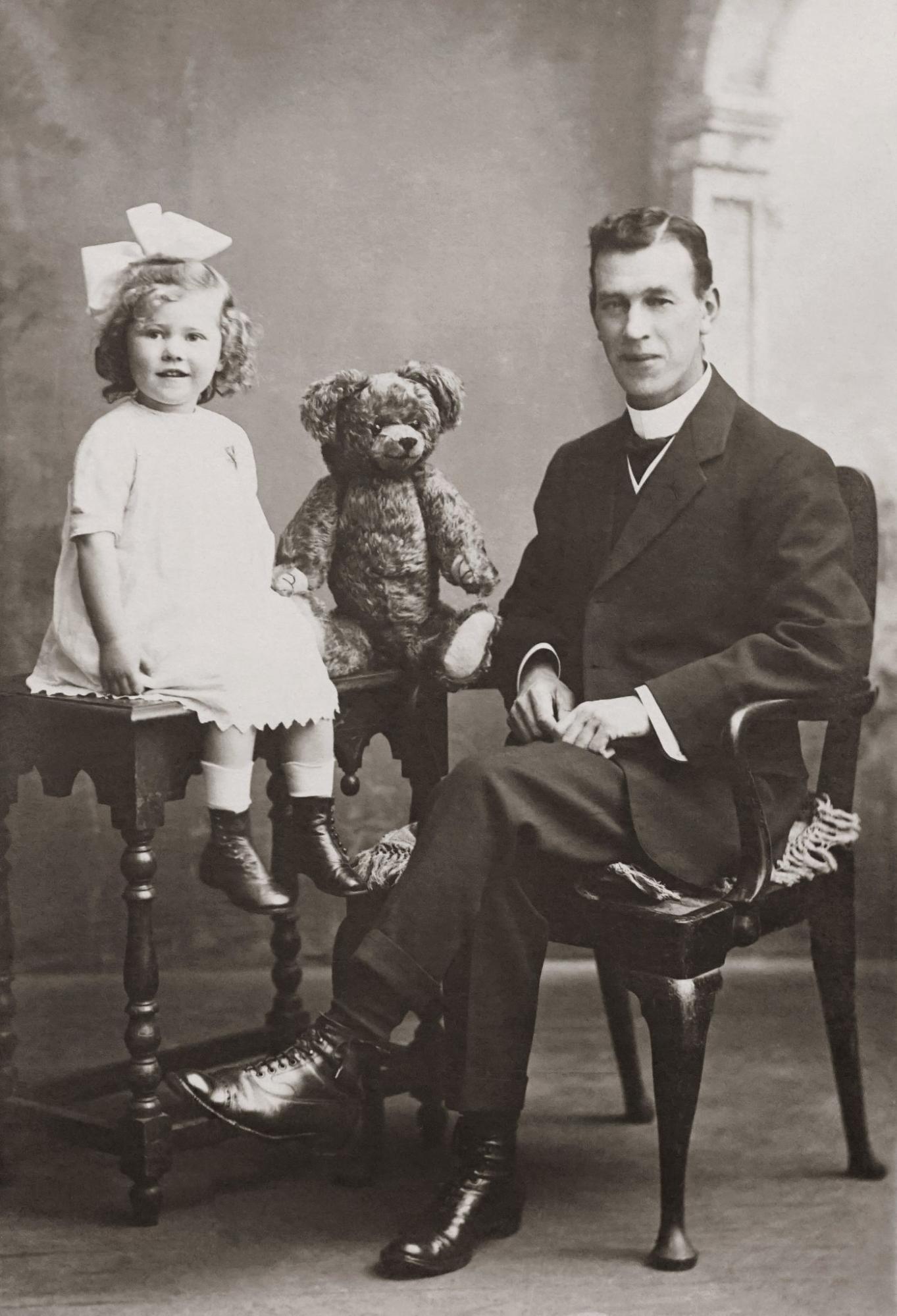


I Will Order All Things for Your Good.
The Lord can “order all things for [my] good.”
From Come, Follow Me:
By 1836, the Church had accumulated heavy debts in doing the Lord’s work. As Joseph Smith and others worried about these debts and considered ways to pay them, they traveled to Salem, Massachusetts, perhaps because it was rumored that some money had been abandoned in a house there (see the section heading to Doctrine and Covenants 111). After they arrived in Salem, the Lord declared, “There are more treasures than one for you in this city” (verse 10)—treasures that included people whom He would “gather out in due time for the benefit of Zion” (verse 2; see also Exodus 19:5). Although no money was found in Salem, the converts that came from later missionary efforts there were part of the fulfillment of the Lord’s promise….How has the Lord helped you find unexpected “treasures”? (verse 10).
“The Lord allowed the Prophet Joseph to go to Salem, for in Salem was a treasure of much greater value to the kingdom than that for which they had come. There were many souls in Salem whom the Lord knew would accept the gospel. Their conversion would greatly benefit the Lord’s work because these new members of the Church would unite their efforts with those of the Saints and contribute generously to the cause of Zion.” (Student Manual, Section 111, The Greatest Treasure)
You also may find treasures of greater value to you than you first realize as you take time to look through heirlooms left to you and your family.

“[E]very family has keepsakes. Families collect furniture, books, porcelain, and other valuable things, then pass them on to their posterity. Such beautiful keepsakes remind us of loved ones now gone and turn our minds to loved ones unborn. They form a bridge between family past and family future. Every family has other, more valuable, keepsakes. These include genealogies, family stories, historical accounts, and traditions. These eternal keepsakes also form a bridge between past and future and bind generations together in ways that no other keepsake can.” (Dennis B. Neuenschwander, "Bridges and Eternal Keepsakes," General Conference, April 1999)
“Elder Neuenschwander went on to explain that even more valuable than these objects are the genealogies, family stories, historical accounts, and traditions that we keep and pass on. However, the objects themselves can serve as wonderful, tangible reminders of those stories, making doubly sure the stories continue to be told and retold, stitching hearts together across generations.” (Keeping the Stories of Family Heirlooms Alive)
Knowing the story behind family keepsakes, heirlooms, and traditions can help future generations to appreciate their ancestors even more.

Share some favorite stories about some family heirlooms or traditions. If these have not been written down or recorded, audio-record or upload the story to memories for other relatives to discover and enjoy.
Check out the following articles for ideas to get you started:

“A family heirloom is any treasured item that’s been passed down by a family member who has died. Some are treasures in the most literal sense, valuable antiques that could sell for many thousands of dollars. Others have strictly sentimental value, but the fact that they’re not worth much money doesn’t make them any less beloved. Family heirlooms can be many generations old, passed from parent to child for centuries. Or they can be newer, something inherited from a parent or grandparent that will be passed along in the future. Most important, whatever they may be, family heirlooms conjure memories of the special people who passed them along to us.” Legacy.com lists 21 of the Most Common Family Heirlooms.
Make a list of heirlooms you want to preserve and protect. Make a plan on how you will accomplish this. For additional help, read What Do I Do with This?, How to Preserve the Treasures in Your Home and How to Handle Family Heirlooms.
Doctrine and Covenants 111:2, 9–11
From Come, Follow Me:
These verses could encourage a discussion about what your family values as eternal “treasures.” You could create a treasure hunt by hiding things around the house that represent things the Lord treasures or values. As your family finds each item, discuss what you can do to show that you value it.
What treasures or heirlooms do you have that have been passed down from one generation to another in your family?


“Look around your home, ask questions, and discover if you have any treasures that belonged to your grandparents or great-grandparents. Maybe you are already aware of some heirlooms in your home—a ceramic doll that your grandmother hand-painted, or the Book of Mormon that your great-grandfather used on his mission. There may be others, however, that are still hidden in closets, attic, or cellar.
“After you have checked your home, visit with your grandparents in person, by phone, or by mail, and ask them if they have a favorite heirloom whose history they could share with you. Have the questions you want to ask written down beforehand, such as: What is the heirloom? Where did it come from? How old is it? Who owned it first? What was it used for? Why is it special now? Find out what you can about each heirloom.” (Exploring: Family Treasures)
Write down the information you learn about each family treasure. Record the information in your journal, upload the story and a photo of it to memories or audio-record the story.
Also see Family Heirloom Scavenger Hunt for additional ideas.


Scavenger hunts are a fun way to learn new things. See below for a variety of scavenger hunts that you and your family may enjoy:

Note: President Nelson encouraged us to do the following for six months, but it may be a wonderful opportunity to carry this invitation through your study of the Doctrine and Covenants this year:
“As you study your scriptures for the next six months, I encourage you to make a list of all that the Lord has promised He will do for covenant Israel. I think you will be astounded! Ponder these promises. Talk about them with your family and friends. Then live and watch for these promises to be fulfilled in your own life." (President Russell M. Nelson, Let God Prevail, October 2020 General Conference)
Suggestion for journaling this week: Find the promises in Doctrine and Covenants 111-114. Write or audio-record about their influence in your life, and share with your family.